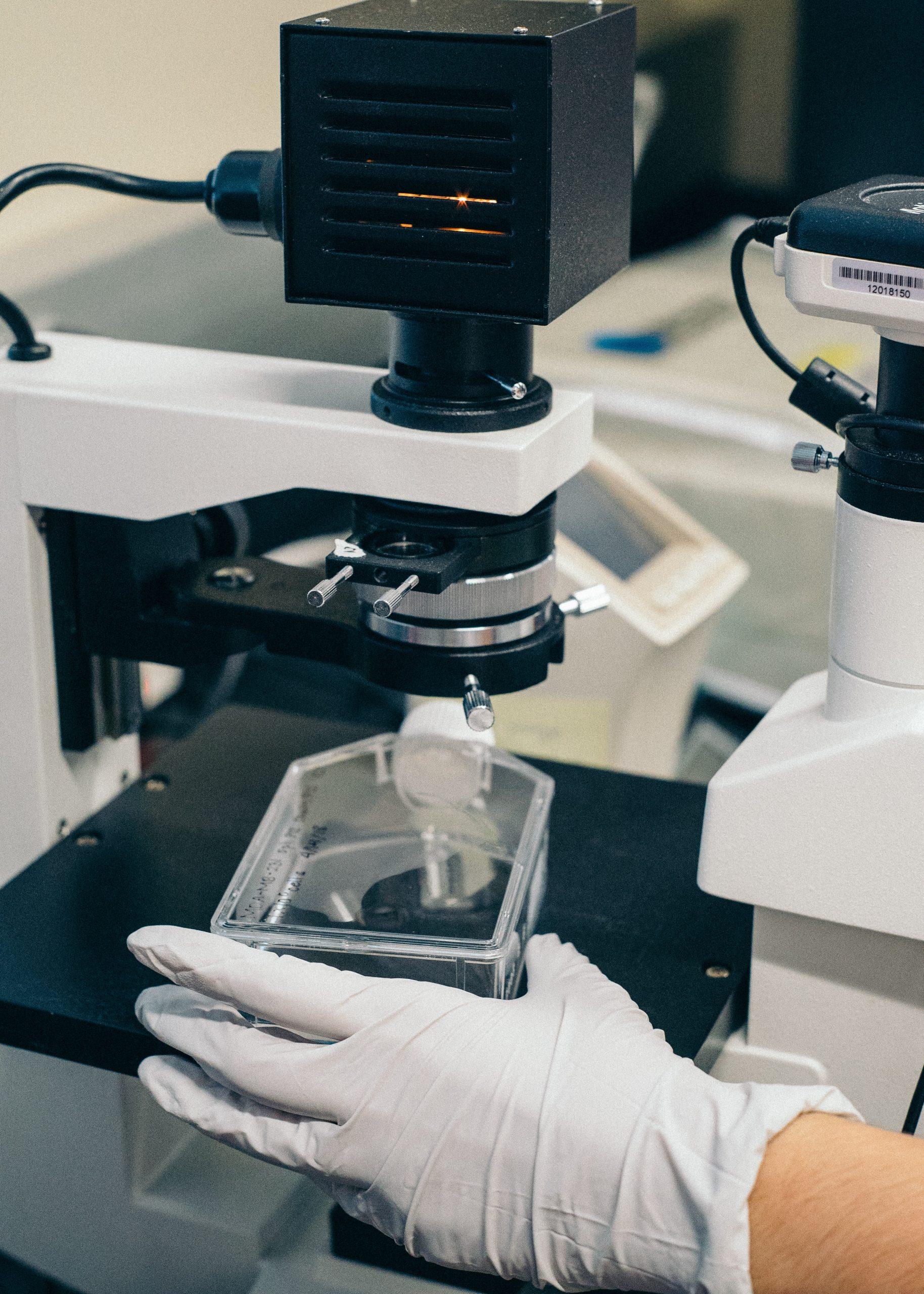A recent study has associated exposure to World Trade Center dust and 9/11-related post-traumatic stress disorder (PTSD) with an increased risk of developing autoimmune disorders, including lupus. The study, titled “Systemic autoimmune disease among adults exposed to the September 11, 2001, terrorist attack” was published in November 2019 in the journal Arthritis & Rheumatology. Researchers said that the study’s findings indicate a need for more robust health monitoring of 9/11 survivors.
What Are SAIDs?
Systemic autoimmune diseases (SAIDs) are conditions that cause abnormally low activity or over-activity of the immune system. Over time, the immune system begins to attack healthy tissue in the body, resulting in immune deficiency. This immune deficiency decreases the body’s ability to fight invaders, making its sufferers more vulnerable to illness. It is unknown exactly how they are caused, but genetics and environmental factors both play a role.
Some of the most common SAIDS the study found included:
- Lupus: A condition that causes the immune system to attack healthy tissue all over the body, causing aching joints, fever, constant or severe fatigue, skin rash, ankle swelling, pain in the chest when breathing, hair loss, sensitivity to light, seizures, and mouth and nose sores.
- Rheumatoid arthritis: A condition that causes the immune system to produce antibodies that attach to the linings of the joints in the hands, wrists, and knees, causing joint swelling, stiffness, and fatigue.
- Sjogren’s syndrome: A condition that causes the immune system to attack the mucous membranes and moisture-secreting glands in the eyes and mouth, resulting in dry eyes and dry mouth, in addition to joint pain, swollen salivary glands, rashes, vaginal dryness, dry cough, and fatigue.
- Myositis: A condition that causes inflammation in the muscles, causing weakness, swelling, and pain
If you are suffering from any of these conditions, a World Trade Center lawyer may be able to help.
9/11 Exposure Increases the Risk of SAIDs
The study looked at a total of 2,786 WTC Health Program enrollees (both first responders and community members) who self-reported being diagnosed with a SAID post-9/11. The control group were enrollees who denied having a SAID. Of the 2,786, the researches identified 118 with a confirmed SAID.
The most common SAIDs among that group were:
- Rheumatoid arthritis (71)
- Sjogren’s syndrome (22)
- Lupus (20)
- Myositis (9)
- Mixed connective tissue disease (7)
- Scleroderma (4)
Among 9/11 responders in the sample, individuals with intense dust cloud exposure had almost twice the risk of a SAID (86%), while community members (e.g., residents and area workers) with PTSD had nearly three times the risk. Compared to the control group, those with SAIDs were also significantly more likely to be female (47% vs. 21% in first responders; 86% vs. 53% in community members) and older (55 vs. 51 years in responders; 54 vs. 51 years in community members). The study thus established that dust cloud exposure among first responders and PTSD among community members were associated with a statistically significant risk of autoimmune diseases.
Contact a World Trade Center Lawyer for More Information
If you were exposed to the dust cloud of 9/11 or suffered PTSD, you may be entitled to benefits under the WTC Health Program or the 9/11 Victim Compensation Fund. For more information about these programs, please contact a World Trade Center lawyer at Pitta & Baione by using our online form or calling us at 212-658-1766.



